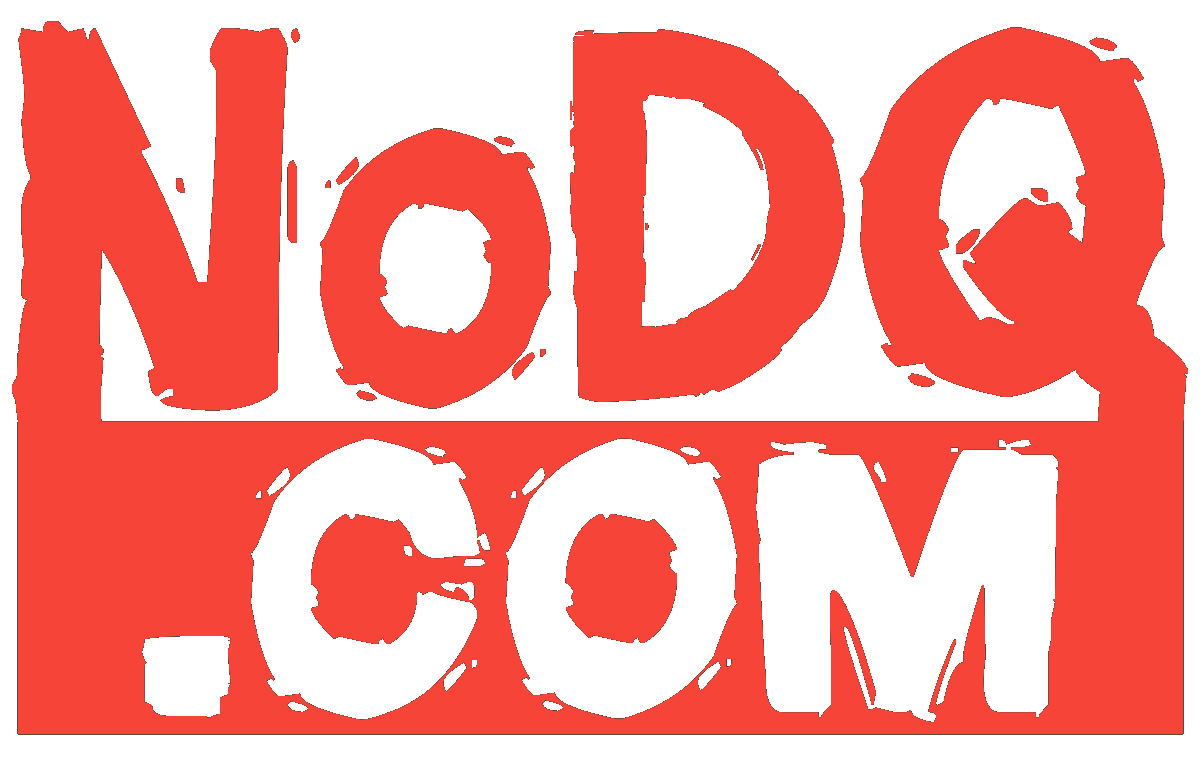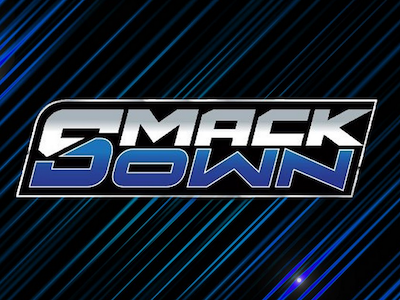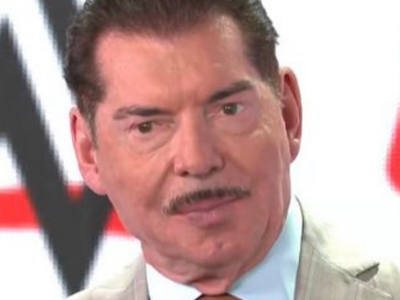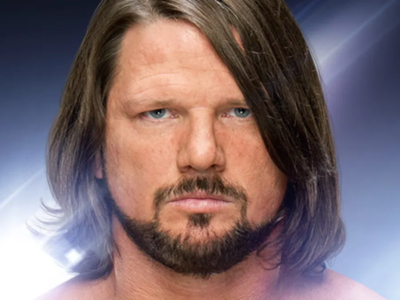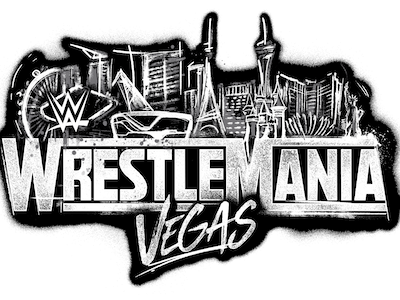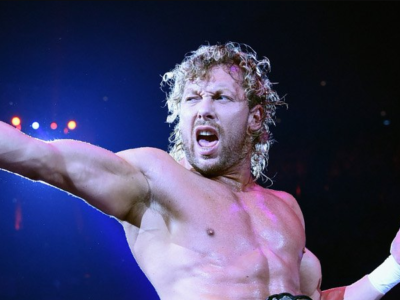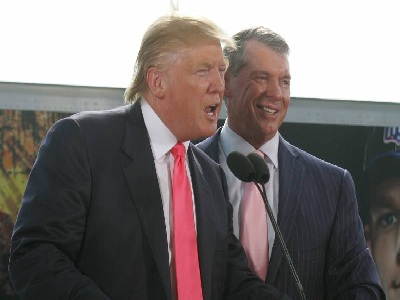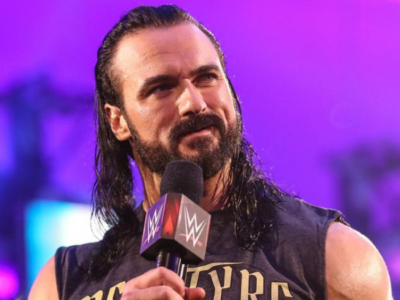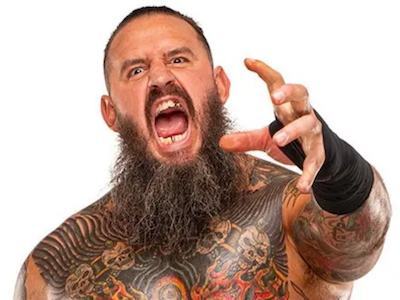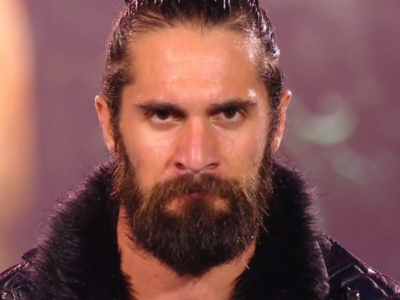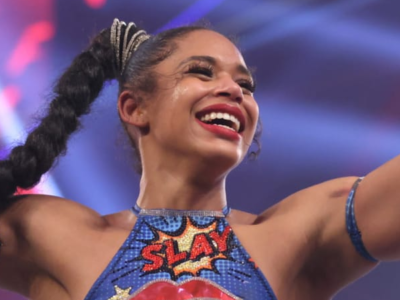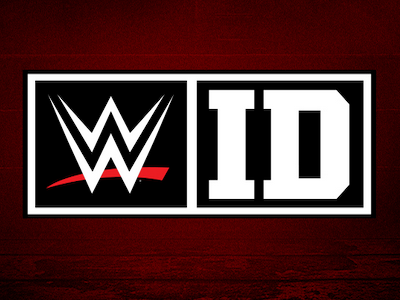WWE’s new ID program: Why this is good thing for the wrestling business
Since WWE announced its new WWE ID program, many people within the pro wrestling community, from fans and reporters to owners of independent companies, have shared their opinions on the subject. Some were positive, and some were negative, but at least it got people talking.
Before I dive deeper, let’s start with a bit of a history lesson.
WWE has been using this type of system for decades. Back in the ’90s, they had a deal with Jerry Lawler to use Memphis as a farm league for their talent, then did the same with SMW and ECW. In the 2000s, they established multiple partnerships with smaller promotions like OVW, Deep South, and FCW. Did any of these deals hurt the talent involved or the independent scene? No, because most of the talent who weren’t under contract with WWE were still able to take outside bookings.
Now, let’s look closer at this new program.
Who’s Involved?
1. **Reality of Wrestling** – Owned by WWE Hall of Famer Booker T
2. **The Nightmare Factory** – Owned by WWE Champion Cody Rhodes
3. **Black and Brave Academy** – Owned by Seth Rollins
4. **Elite Pro Wrestling Training Center** – Owned by former WWE developmental talent Steve Bradley
5. **KnokX Pro Academy** – Owned by WWE Hall of Famer Rikishi
What do all these schools have in common? They’re owned by current or former WWE talent, and they were likely already working informally with WWE, recommending who should get tryouts. So, on that front, not much changes; it simply feels like WWE is formalizing these relationships under one department.
What Has Changed?
What’s changed is that these schools are now officially associated with WWE, which could have both positive and negative effects. On one hand, being officially linked with WWE might mean promotions will need to pay more for talent from these schools. On the other hand, it’s positive for talent because it offers protection from unscrupulous promoters who might otherwise try to underpay or not pay at all. WWE’s involvement may help ensure these talents avoid bad bookings.
Another positive outcome is that these schools might now have additional funding to spend on better equipment for their wrestlers, which is always a plus for upcoming talent.
As for training wrestlers in the “WWE style” and claims that this might be a negative, here’s the reality: most high-end wrestling schools run by former wrestlers already teach this style, as it’s rooted in old-school wrestling techniques.
Impact on the Independent Scene
Will this negatively impact the independent scene? I highly doubt it. Look at the list of schools under the WWE ID banner—they’re all owned by WWE legends, former talent, or current talent who already have a strong reputation. WWE isn’t likely to bring in schools that don’t fit this profile. With the number of schools and aspiring wrestlers out there, the indies will still have more than enough talent to choose from.
For those training at these WWE-affiliated schools, it’s a great way to gain experience and benefit from connections to people like William Regal, which is advantageous for everyone involved.
Could AEW Do the Same?
I think AEW could create a similar system, perhaps not as publicly as WWE, but by associating with schools around the country owned by legends not directly linked to WWE, like Dustin Rhodes’ school. This could provide AEW with a pipeline of new talent who could become future homegrown stars.
Final Thoughts
While some see WWE’s program as a negative, I see only positives. This opens doors for young talent and may even encourage AEW to step up and establish a similar system, benefiting the future of the industry as a whole.
